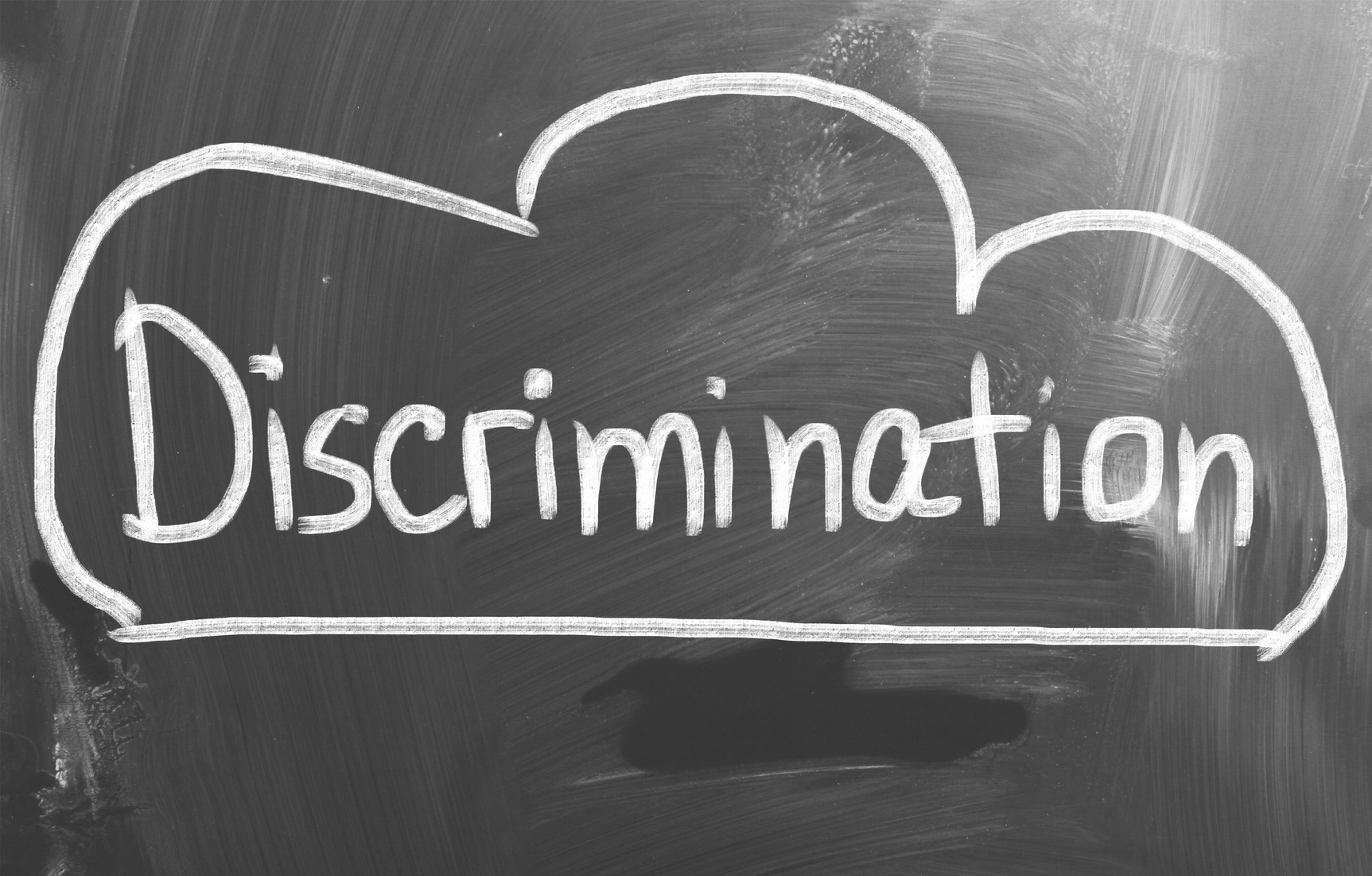News & Events
Ohio One of 30 States With No Laws Protecting LGBTQ Rights

Ohio One of 30 States With No Laws Protecting LGBTQ Rights
Under Title VII of the Civil Rights Act of 1964, employees are protected against workplace discrimination involving gender, color, race and religion. Employers with 15 or more employees must refrain from discriminating against any employee under federal law.
Today, many judges in the U.S. Courts of Appeals struggle to interpret this law, especially when it comes to sexual orientation. Does Title VII include sexual preferences, and does it protect those who are transgender?
The District of the Columbia and 20 states have banned discrimination involving sexual orientation. Thirty states have no laws prohibiting it in the workplace, and Ohio is one of them.
However, that’s not without any effort. Lawmakers have tried six times to get the state to update its civil rights laws, but all six attempts have been unsuccessful.
They’re still trying, though. Rep. Nickie Antonio is pushing House Bill 160. Dubbed “The Ohio Fairness Act,” the bill would make it illegal to discriminate against people based on gender identity and sexual orientation when it comes to housing, public accommodations and employment. Antonio thinks the bill has a good chance of passing this time due to the amount of support she has.
Entrepreneurs are on board for economic reasons. Hundreds of business owners have backed the bill. More than 200 business owners in Ohio have formed Ohio Business Competes, a coalition supported by ACLU of Ohio, Equality Ohio, TransOhio and the Human Rights Campaign, all civil rights and gay rights organizations.
Ohio Business Competes supports fairness among workers. By putting discrimination laws in place, Ohio companies feel they can retain top talent and create better working environments for all employees. By attracting the best employees, Ohio companies have a better chance of competing in the market.
While there is currently no statewide law banning discrimination against sexual orientation and gender identity, there are 19 cities in Ohio that have ordinances in place prohibiting such discrimination. They include Cincinnati, Cleveland, Columbus, Akron, Dayton and Toledo.
What is Discrimination?
Employees may face many types of discrimination in the workplace. They may be harassed by co-workers and even managers. They may be denied a promotion or demoted due to their sexual preferences or gender identity. In some cases, workers are even fired based on what they look like or who they prefer to have sex with.
This is not fair. Workplace punishment and benefits should be based on how well or how poor a person is performing, not looks or other factors that have nothing to do with the person’s job performance. If you have been affected by workplace discrimination or harassment, seek legal help quickly. Time limits apply, and you don’t want to miss out on your rights to compensation.
Get Legal Help From a Columbus Discrimination Attorney
Nobody should have to face discrimination solely because of their sexual preferences or orientation. Unfortunately, though, Ohio currently has no statewide laws prohibiting such discrimination.
If you have suffered in a hostile work environment because you are gay, lesbian, bisexual or transgender, get legal help. The lawyers at Marshall Forman & Schlein LLC can make your employer accountable. Call us at (614) 463-9790 to schedule a consultation.
Do You Have A Question? Contact Us Today
Attorney Advertising. This information is designed for general information only. The information presented should not be construed to be formal legal advice nor the formation of a lawyer/client relationship. Past results and testimonials are not a guarantee, warranty, or prediction of the outcome of your case, and should not be construed as such. Past results cannot guarantee future performance. Any result in a single case is not meant to create an expectation of similar results in future matters because each case involves many different factors, therefore, results will differ on a case-by-case basis. By providing contact information, users acknowledge and give explicit consent to be contacted via the methods of communication provided, including SMS. Message and data rates may apply. Message frequency may vary. Reply STOP to opt out.



